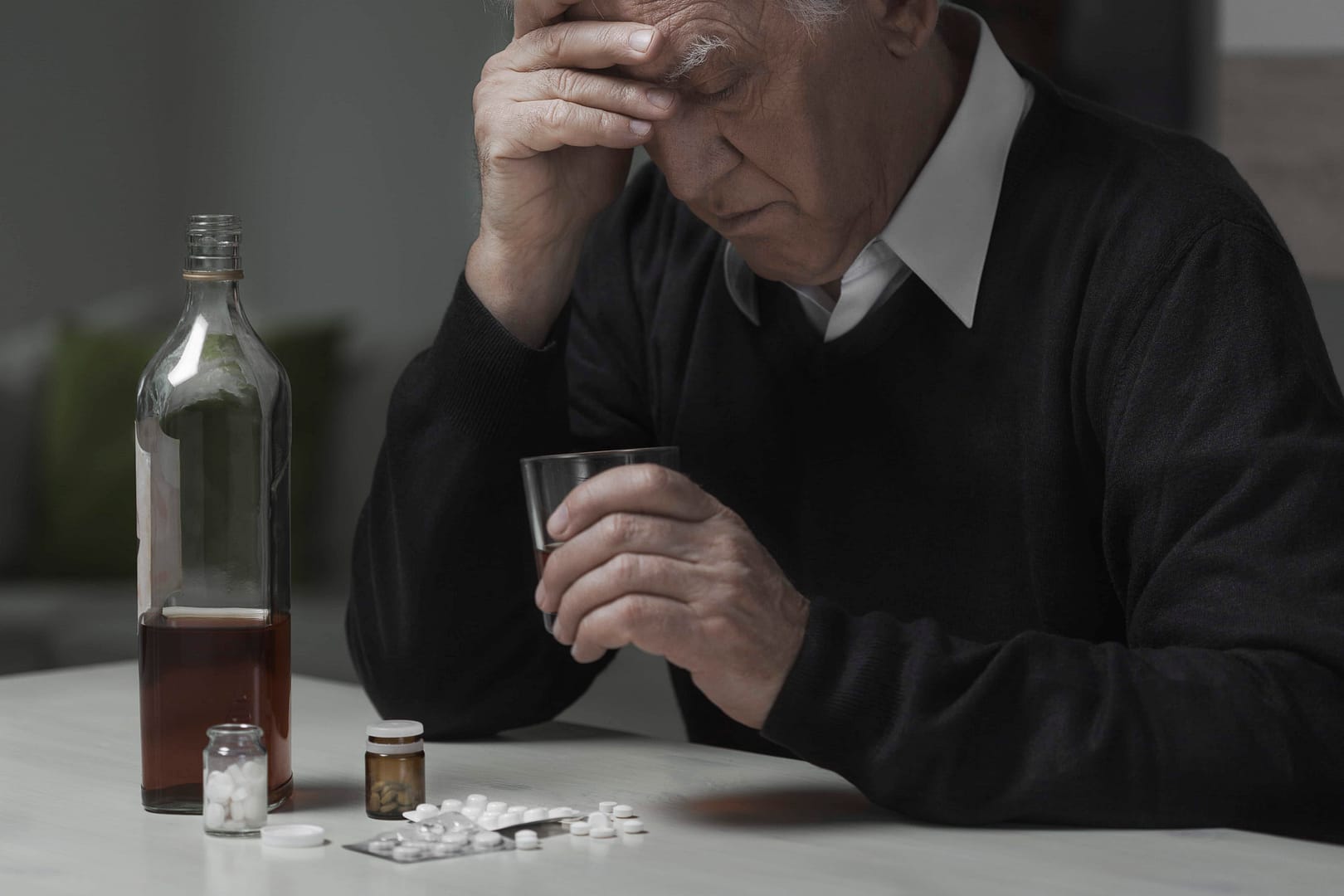Drug and alcohol abuse among the elderly is a rapidly growing health problem in the United States.
Addiction among people 65 and up is often underestimated and under-diagnosed, which can prevent them from getting the help they need.
According to the Office of Alcoholism and Substance Abuse Services, substance abuse among senior citizens can be classified into two general forms: the “hardy survivor,” or those who have been abusing substances for many years and have reached 65, and the “late onset” group, which is those who form addictions later in life. Regardless of how old you are or when your addiction started, there are treatment options available to help you get back on a healthy path.
Whether you’re interested in an assisted living community or just looking into resources, read along for more information.
Causes of Addiction in the Elderly
There are several things that could contribute to someone turning to substance abuse later in life. These could be health-related issues or life-changing events that take an emotional toll. These events may provoke drug-abusing behavior that can result in a full-scale addiction.
Potential triggers for drug or alcohol addiction in the elderly are:
- Retirement
- Death of a family member, spouse, pet or close friend
- Loss of income or financial strains
- Relocation or placement in a nursing home
- Trouble sleeping
- Family conflict
- Mental or physical health decline (depression, memory loss, major surgeries, etc.)
The Dangers of Elderly Substance Abuse
Drug or alcohol abuse among the elderly is particularly dangerous because senior citizens are more susceptible to the deteriorating effects of these substances. Individuals over 65 have a decreased ability to metabolize drugs or alcohol along with an increased brain sensitivity to them. This makes it dangerous for seniors to use drugs or alcohol at all, even if the person isn’t addicted.
Benzodiazepines, which are used to treat anxiety, pain or insomnia, are some of the most dangerous prescription drugs for seniors. These are generously prescribed and highly addictive. The rate of senior citizens addicted to benzos has increased every year.
Challenges in Identifying Addiction in the Elderly
Alcohol or drug abuse may actually mimic symptoms of other medical or mental health disorders, such as diabetes, dementia or depression. This makes it easy for doctors who encounter an older patient to chalk up declining mental or physical health simply to “old age.”
Symptoms of Addiction in Senior Citizens
As people get older, their mental health, physical health and personal relationships may start to deteriorate. Although addiction can be difficult to recognize in this demographic, it’s important to pay attention to any unusual signs your elderly loved one displays.
Some signs of elderly drug abuse to look for include:
- Memory problems
- Changes in sleeping habits
- Unexplained bruises
- Irritability, sadness, depression
- Unexplained chronic pain
- Changes in eating habits
- Wanting to be alone often
- Failing to bathe or keep clean
- Losing touch with loved ones
- Lack of interest in usual activities
Once an addiction is identified, it is critical to seek out a treatment center that has specific experience working with seniors facing addiction.
You should look for programs that specialize in this type of addiction and also offer case management services, as individuals over 65 typically lack the social support required throughout recovery. These case management services will provide the elderly with access to medical, psychiatric and social resources to allow for a healthy lifestyle to continue after treatment.

